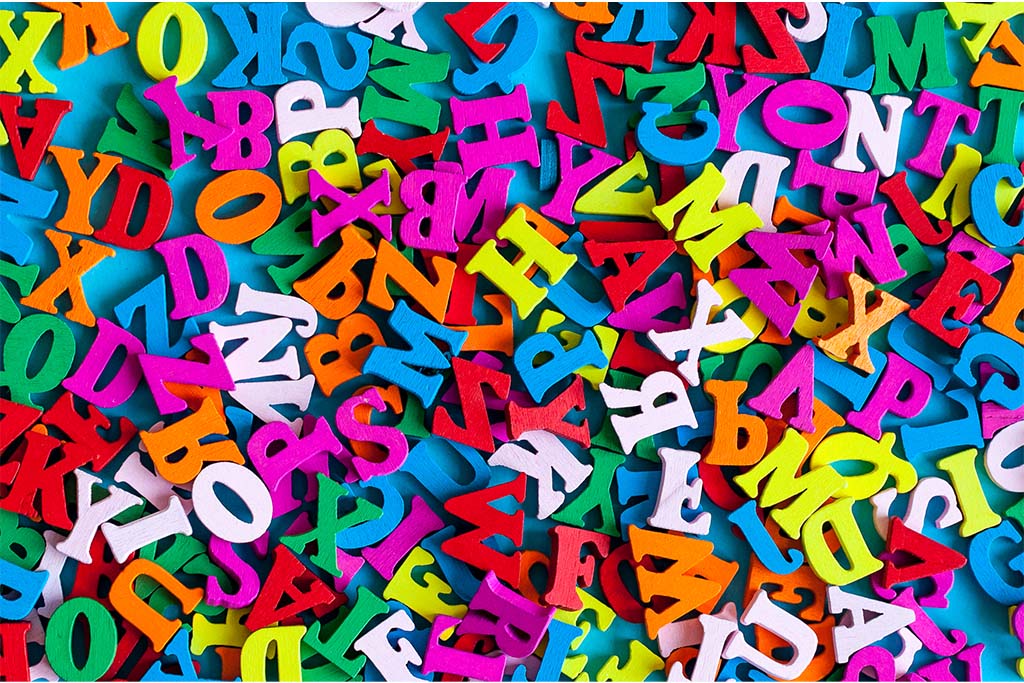How to Improve Vocabulary for the 11+ Exam
By
2 years ago


When considering the 11+, or any other exam, it is no surprise that having a wide vocabulary is hugely beneficial. In fact, it is not just an advantage for English exams. Written problems in maths, science questions, responding to interview questions.
All of these assessment tasks will be better tackled with the armoury of a broad and sophisticated vocabulary. But what is the best way to build this tool in young learners? Vicky Duggan, Head of English and Head of Marketing at The Granville School, shares her top tips.
It won’t shock you that the first thing you can do is read. Read anything and everything you can get your hands on. This doesn’t mean asking your child to sit and read alone for hours each evening. Read together. Read the newspaper. Read the information panels at museums. Read travel guides for your next holiday. Read poems. Act out playscripts as a family. Visit the library or your local independent bookshop and browse for new books that your child might not usually choose.
By always reading the same genre, a child’s vocabulary will naturally be limited. Branch out into science fiction, historical novels, non-fiction, biography.
The next thing you can do is to model advanced vocabulary with your child. Don’t speak down to them. Talk to them as an adult and when they question what something means, explain it to them. Don’t shy away from discussing big issues that require your child to articulate themselves. Sit around the dinner table together and talk about what is happening around the world.
If your child finds it difficult to find the right word to describe something, help them. Offer alternatives and explain the nuance of their meaning. And when they use a simple word that’s not quite got the correct nuance, talk to them about how else they could phrase it. Feelings are a good example: sadness is different to disappointment, regret, pity.
Finally, and perhaps most importantly, make words fun. Play word games and embrace the discussions about whether words exist for Scrabble, how you spell things for Boggle, what synonyms you can use for Taboo.
Encourage investigating words and language. Ask them to test you on your vocabulary using a dictionary. They will learn something by finding the words for you, and you might learn something too. Show interest in the new words you find together and show your child that nobody knows every word – we are all still learning.
If your child is a visual learner, they may find drawing words fun and effective. How can you draw ‘discombobulated’? What does ‘captivating’ look like? Words and pictures together can be very powerful.
It is important to note here that learning lists of words and their definitions is not an effective way to build vocabulary. Words need context, they need sentences and stories around them to make them useful to us. We need to hear and use the words repeatedly for them to embed. Rote learning is not the answer here.
We can’t expect children to use (or understand) more advanced vocabulary if we don’t teach it to them in the first place. They can’t conjure it from nowhere. They need us to set an example, to offer them new language to question, use and absorb. Sitting them alone in a room with a book isn’t enough. Yes, reading will help but not if children aren’t motivated to ask what new words mean, to try and work it out from the context or to look them up in the dictionary. We need a culture of interest around language and then our children will become word lovers for the rest of their lives.
Vicky Duggan is Head of English and Head of Marketing at The Granville School. She is also the author of Galore Park’s KS2 English textbooks, their 11+ English Revision Guide, 11+ English Practice Papers (including papers for the CEM and GL exams), and their 13+ Writing and Vocabulary workbooks. Learn more about Galore Park’s English resources (including their skills-based workbooks) here.



